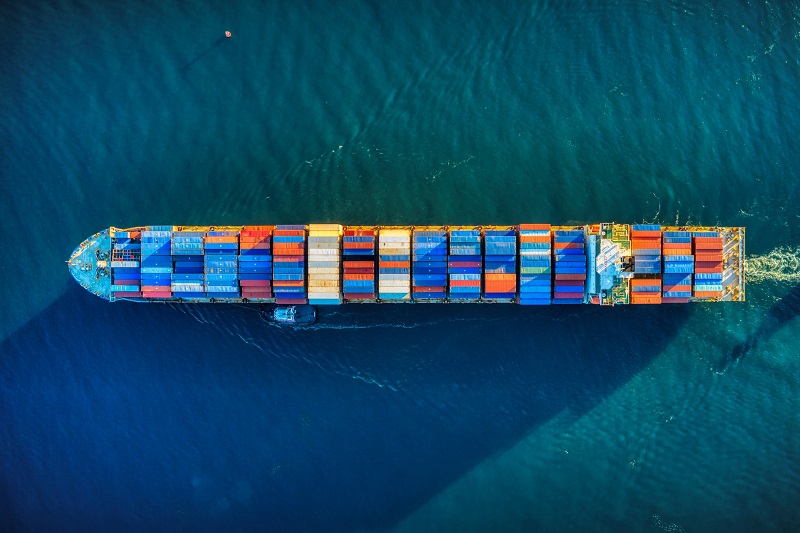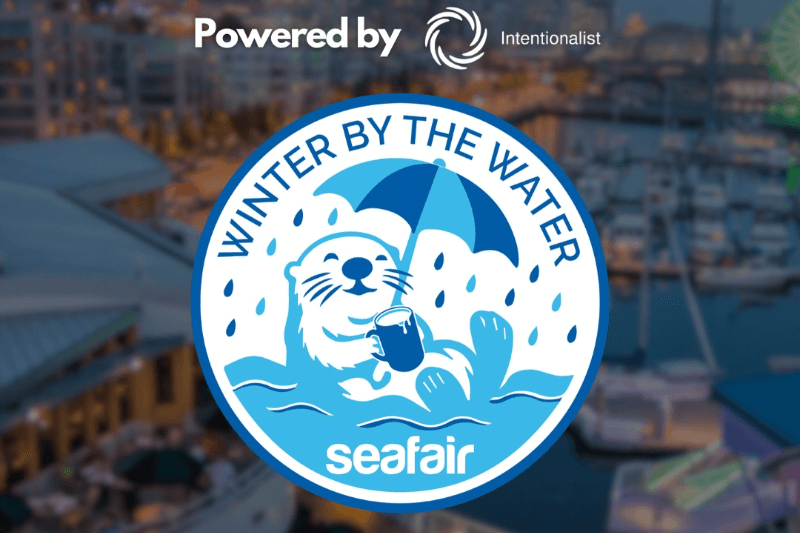
Ukraine Unveils “Humanitarian Corridor” in Black Sea to Free Trapped Cargo Ships
Ukraine has proposed the creation of a “humanitarian corridor” to free cargo ships imprisoned in its ports since the start of the war to solve the ongoing maritime situation in the Black Sea. The move is viewed as a daring test of Russia’s de facto blockade, which worsened after Moscow reneged on a pact last month that allowed Kyiv to export grain.
The newly suggested corridor aims to unblock important sea passages and was initially meant for ships like container ships stuck in Ukrainian ports since the invasion in February 2022. However, the route has prompted safety worries, with shipping and insurance agencies expressing doubts about its sustainability.
Ukraine’s navy, in a statement, revealed that the proposed routes had been directly communicated to the International Maritime Organization (IMO). The routes are designed to largely serve the needs of civilian ships berthed in the ports of Chornomorsk, Odesa, and Pivdenny ever since Russia’s full-scale invasion began. Despite the ongoing dangers posed by mines and the military threat from Russia, the statement stated that ships whose owners or captains declare their readiness to go via the channel will be given passage.
Oleh Chalyk, a spokesman for the Ukrainian navy, pledged transparency and disclosed plans to outfit the ships with cameras for broadcasting to highlight the mission’s humanitarian goals and absence of any military objectives. Moscow, though, has not yet responded to the new information.
Keep Reading
Farhan Haq, the deputy spokesperson for the UN, stressed the significance of preserving both maritime and terrestrial provisions of international humanitarian law, underlining the importance of safe passage for commercial vessels.
The shipping and insurance industries have responded to the plan in different ways. Experts familiar with the situation in Ukraine questioned whether ship operators would consent to travel the route under the current conditions. Worries have been expressed about possible seafarer casualties if a ship is attacked.
Since the invasion, over 60 commercial ships have been stuck in Ukrainian ports; the fate of these ships was left up in the air by the previous grain export agreement, which was resumed last year. The care of several ship crews was left in the hands of Ukrainian locals once they were evacuated.
Russia’s decision to abandon the grain export deal has elicited criticism from the international community. The United Nations warned that this action might deepen the world food crisis, disproportionately affecting underdeveloped countries. In exchange for better conditions for its exports of food and fertiliser, Moscow has shown a willingness to re-enter the agreement.
Hopes are still high that diplomatic efforts, represented by Turkish President Tayyip Erdogan’s engagement, may result in a resolution as Ukraine takes action to handle the current maritime conflict. Dmitro Kuleba, the foreign minister of Ukraine, expressed hope that Erdogan would persuade Russian President Vladimir Putin to rethink the Black Sea Grain Initiative.
The globe closely monitors Ukraine as it embarks on a harrowing mission to release blocked cargo ships and reopen important water passages in the Black Water. Although this humanitarian corridor’s outcome is undetermined, its effects on the region are significant.




